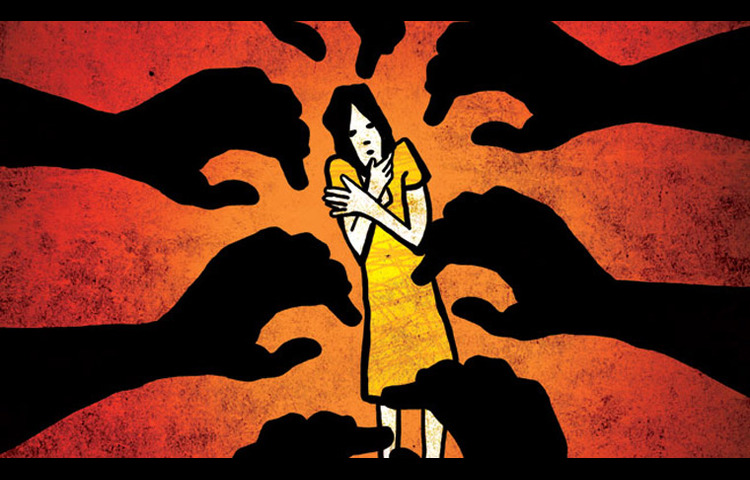“Supreme Court Revokes Bail of SHO Accused of Raping Minor, Criticizes High Court’s Leniency”
May 28, 2024 2024-07-05 15:08“Supreme Court Revokes Bail of SHO Accused of Raping Minor, Criticizes High Court’s Leniency”

“Supreme Court Revokes Bail of SHO Accused of Raping Minor, Criticizes High Court’s Leniency”
By Shazia Siddiqui
In a recent Supreme Court ruling, the bail granted to a Station House Officer (SHO) accused of raping a minor was revoked. This case, originating from FIR No. 41 of 2022 at Police Station Pali in Lalitpur District, Uttar Pradesh, involves serious charges under several sections of the Indian Penal Code (IPC) and the Protection of Children from Sexual Offences (POCSO) Act. The allegations are further aggravated by the inclusion of Section 3(2)(v) of the Scheduled Castes and Scheduled Tribes (Prevention of Atrocities) Act, 1989, due to the victim’s background.
The SHO, in his official capacity, was entrusted with the custody of the minor victim, who was involved in a separate complaint of sexual assault. Instead of ensuring her protection, the SHO allegedly exploited his position to perpetrate the crime himself. This egregious breach of trust prompted the victim’s mother to challenge the bail granted to him by the Allahabad High Court.
Initially, the High Court had granted the SHO regular bail, a decision which was brought under scrutiny in the current appeal. The Supreme Court examined whether this bail was justified, particularly given the SHO’s authoritative role and the grave nature of the accusations.
In the context of this appeal, the Supreme Court referred to a precedent set in the case of State of Jharkhand vs. Sandeep Kumar (2024 INSC 179). In that decision, the Court had clearly articulated that police officers accused of serious misconduct, especially involving the abuse of their official powers, should not be granted leniency in bail considerations. The Court emphasized that such individuals should not be treated on par with ordinary citizens facing similar charges, especially when their actions betray the very duties they are sworn to uphold.
In its current judgment, the Supreme Court highlighted the severe breach of duty by the SHO. It noted that the High Court had granted bail without adequately considering the gravity of the allegations and the SHO’s significant position of authority, which was misused in this case. The Court pointed out that the SHO’s alleged actions were not just a dereliction of duty but an egregious exploitation of his role to commit the same crime he was supposed to investigate and prevent.
The Supreme Court concluded that the High Court had failed to properly assess the serious implications of granting bail to the SHO. It underscored the need for a more rigorous appraisal in cases where police officers are accused of such severe crimes. As a result, the Supreme Court set aside the High Court’s order, thereby revoking the SHO’s bail and directing him to surrender immediately. Should he fail to do so, the Court instructed the state to take necessary steps to apprehend him and ensure his return to judicial custody.
This ruling reinforces the judiciary’s stance on maintaining stringent standards for bail in cases involving serious misconduct by law enforcement officials, highlighting that such officers should face a higher threshold when seeking bail, given their responsibility and the trust vested in their positions.
Case Title: D V. Tilakdhari Saroj and Ors.
Citation: CRIMINAL APPEAL NO.2389 OF 2024









